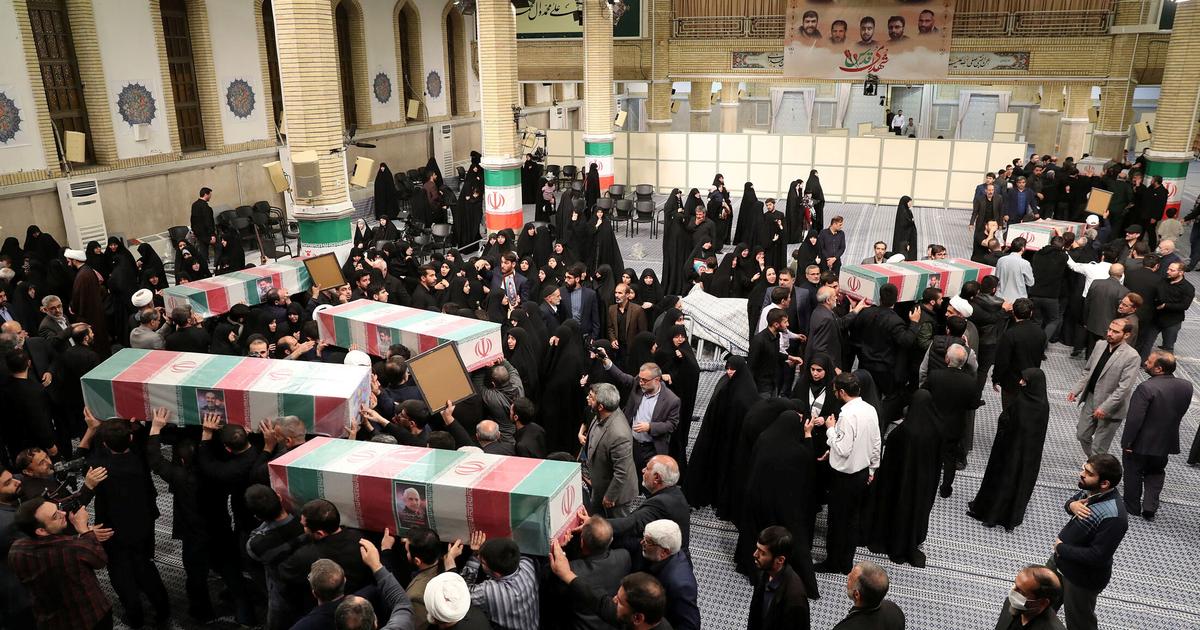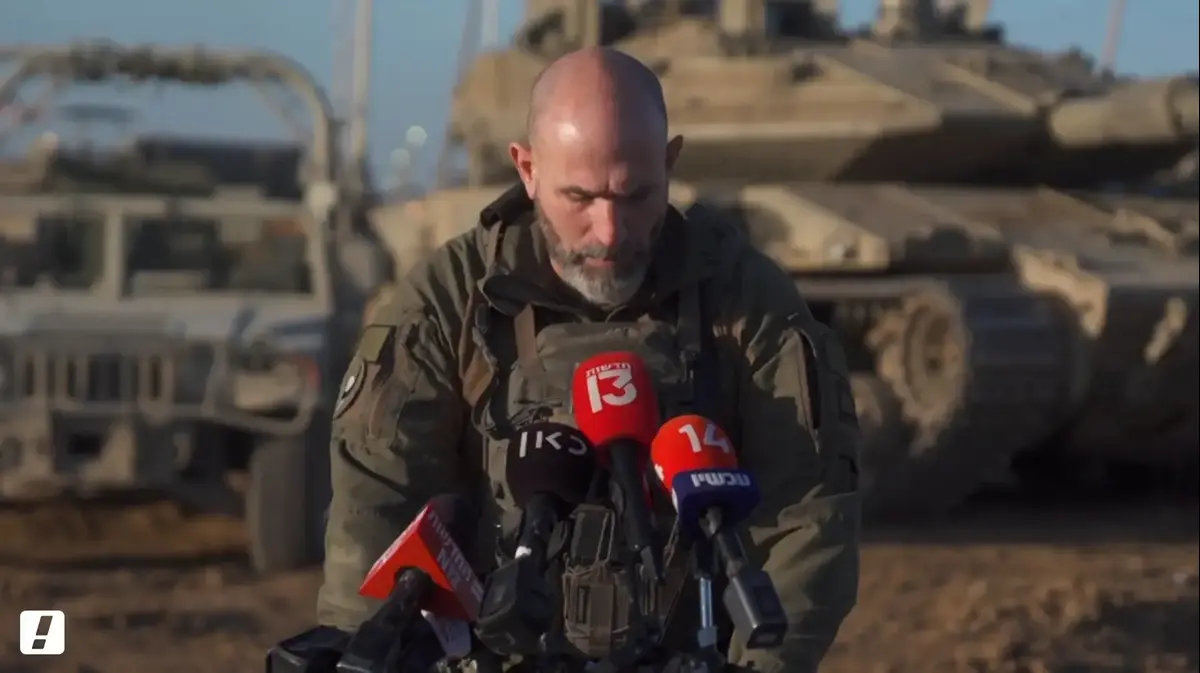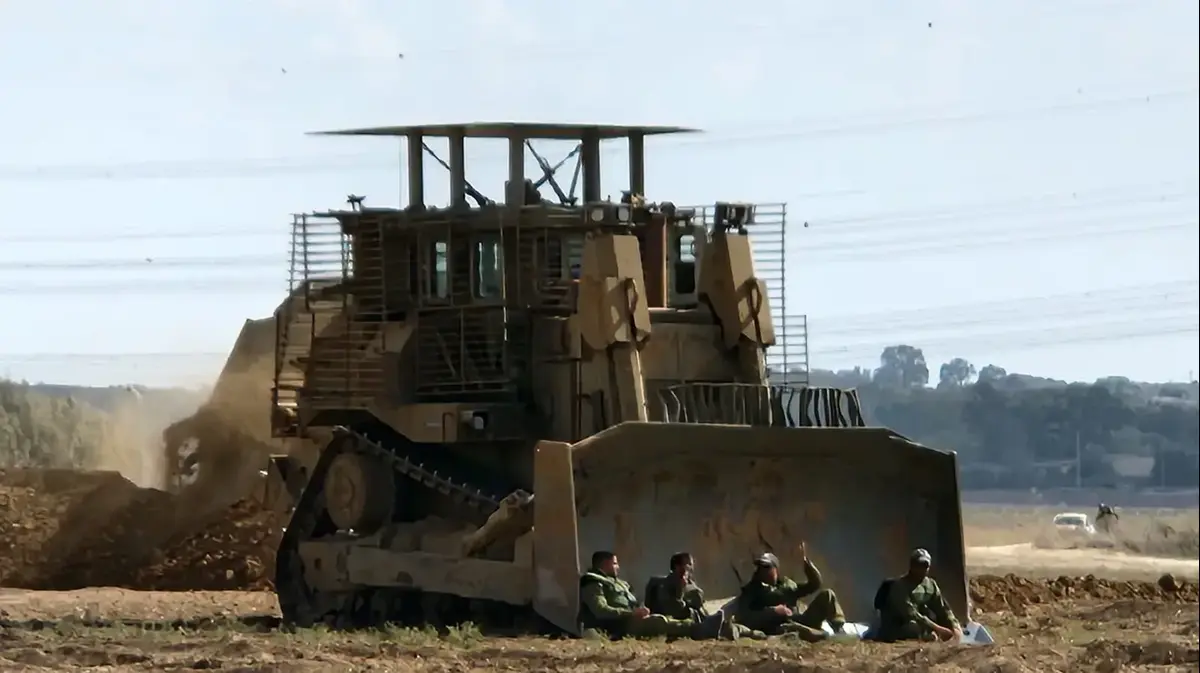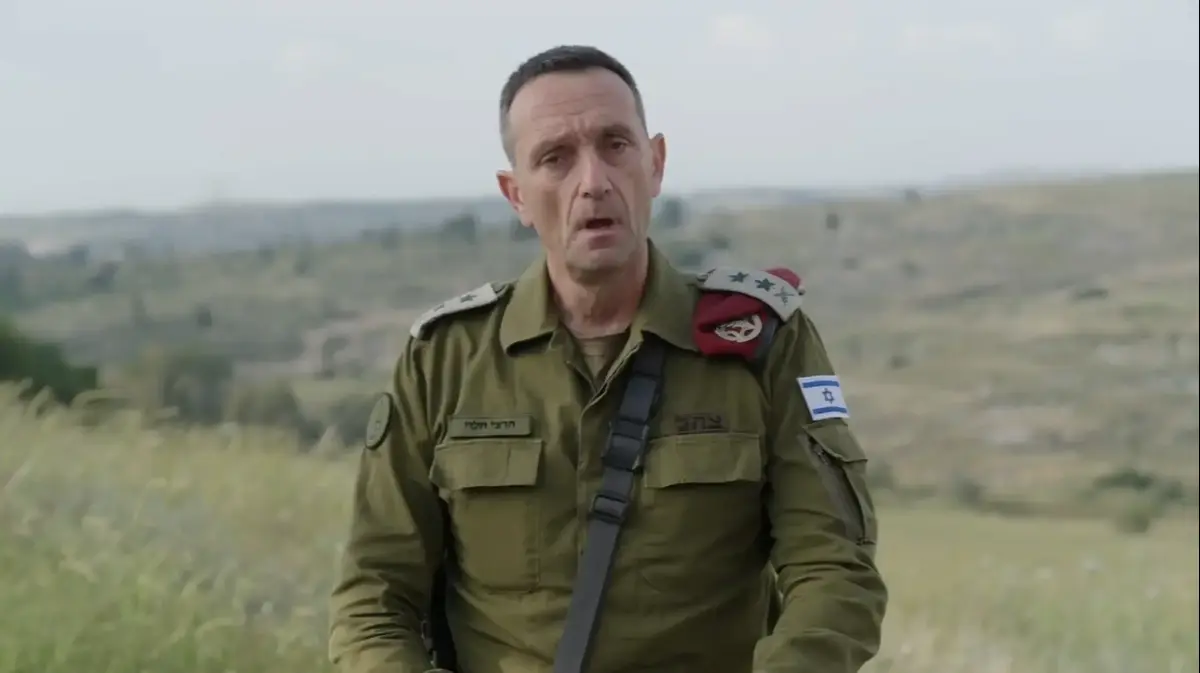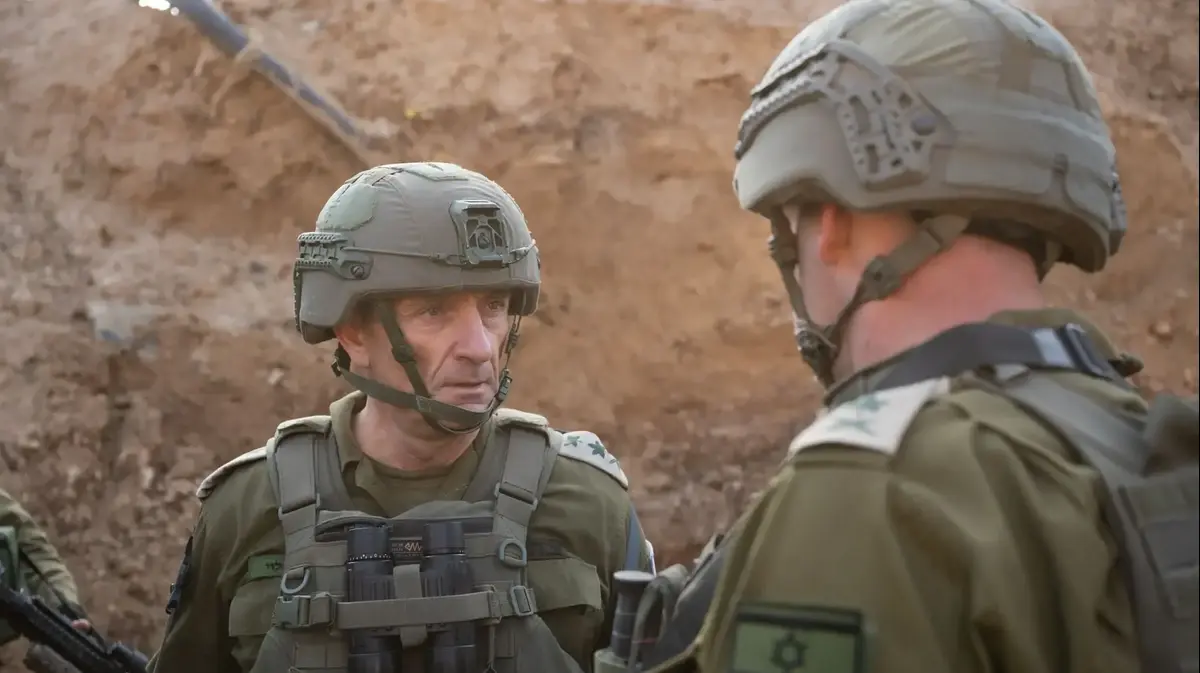It is easiest to take a few cases and tie them to a dramatic conclusion • Soldiers need clear and simple guidelines, know what is allowed and what is forbidden • This is not academia - this is the reality of the Middle East • Interpretation
Striving for contact is the basis expected of any soldier, when he encounters a threat. Strive for contact - and neutralize the threat, in the ways set out in the guidelines.
This expectation is true for both a combat soldier and a soldier in the home front.
"SAG also has a responsibility," it was stated on the night of the surfboards - and rightly so.
Archive photo: Silence people in the telegram
But at the same time as this elementary expectation, one must be very careful not to state that the IDF has a systemic problem of striving for contact. It is easiest to take a few cases and draw them to a dramatic conclusion, but this is not the case. The soldiers' misunderstanding of the threat, and the way in which they are expected to deal with it, went wrong.
Much more worrying is the attitude of the IDF commanders to the incident. Those of them who expressed concern here to my colleague Lilach Shoval were confused in their role: they are commanders, not commentators. If there is a problem, their job is to solve it. the next.
After the latest incident in which a track fighter was abducted last week in the Walnut unit, the chief of staff said that "red lines have been crossed." With all due respect to Lt. Col. Kochavi, this is the easiest way to handle the incident, but media reports do not solve problems.
He is expected to tell this specific soldier in a nutshell what he should have done: go with a cartridge with a weapon?
Shoot in the air?
Kill the attackers?
Only if the chief of staff determines clear allowed and forbidden, the next soldiers will know what they are expected to do.
Kochavi has acted the same way in the past.
Even after the commander of the Golani Reconnaissance Battalion, Lt. Col. Ayoub Kiuf, was attacked last year by settlers in Samaria, the chief of staff spoke of "wrong behavior that we must condemn and act vigorously against."
He is right of course, but is asked to ask: What tools did he give to the fun, and to the soldiers and other commanders, so that they would not get into a similar situation in the future?
And how does he expect them to behave to the extent that they do get caught up in it?
Soldiers need clear and simple instructions.
Know what is allowed and what is forbidden.
It is impossible to leave things at the theoretical level.
This is not academia, this is the reality of the Middle East.
Those who think that there is no connection between the IDF's reluctance to kill terrorists who infiltrated Israeli territory near the Gladiola outpost and the reluctance of a soldier in the area to open fire are mistaken. And the easiest way to do this is in an unprecedented case. Who even expected that in a lone navigation at night, two minorities would attack a soldier and attack him? And if they watched, why was he not instructed before he set out how to act in such an extreme case?
Either way, the problem - and the solution - lies with the commanders, not with the soldiers.
Just as the theft of weapons in the Negev is not the problem of the reservists in Tze'elim.
In the IDF, weapons have been hijacked and stolen in the past. Including in the Green Line. And foreign elements also came in and out of bases. If there is a problem, it is first and foremost a command problem.



